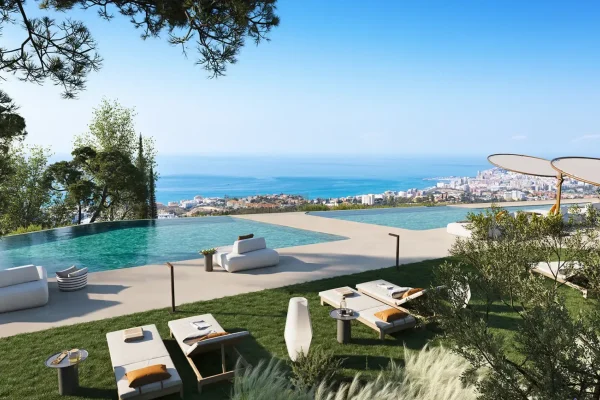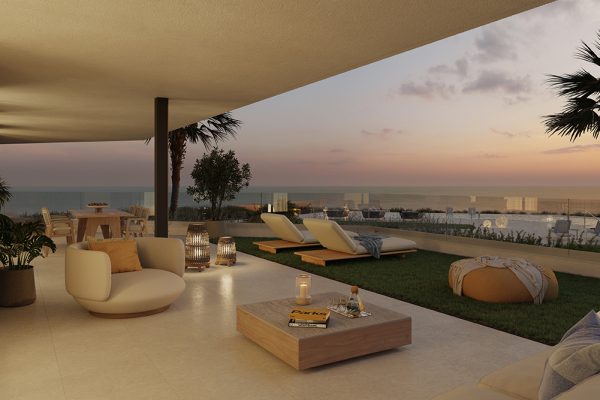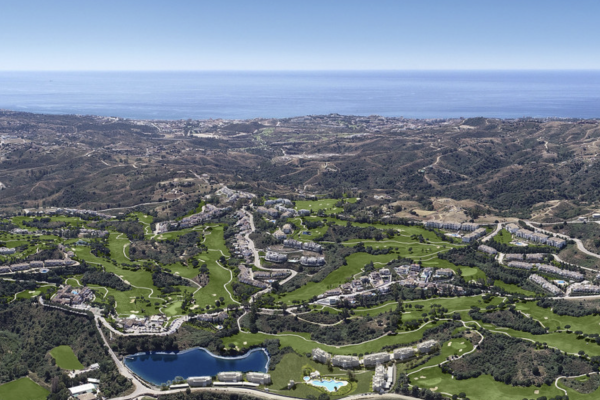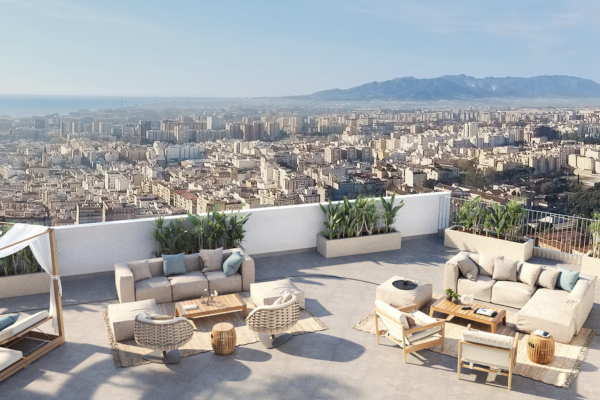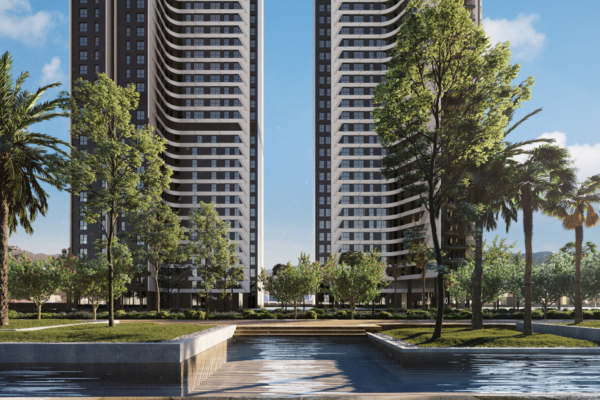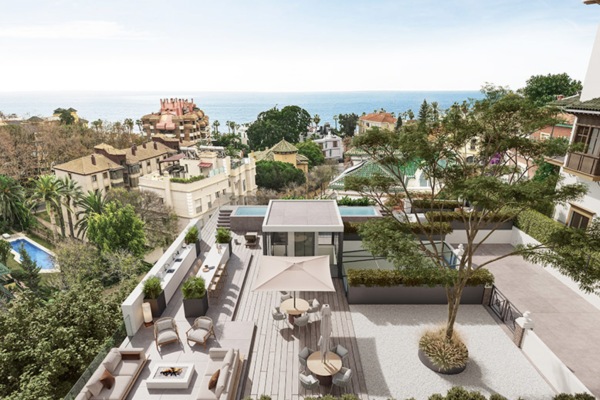Renovating a house in Costa del Sol can be an exhilarating journey, filled with endless possibilities and the promise of creating your own slice of heaven. In this guide, we’ll take you through everything you need to know to turn your renovation dreams into reality. Where to start?
1. Define Your Vision:
Before diving into renovations, take some time to envision what you want your Costa del Sol home to become. Are you aiming for a contemporary beach retreat, a traditional Spanish villa, or a modern oasis with panoramic views? Clarifying your vision will guide your renovation decisions and ensure a cohesive design that reflects your personal style and preferences.
2. Set a Realistic Budget:
Renovating a house, whether it’s a small apartment or a sprawling villa, requires careful financial planning.
Set a realistic budget that accounts for renovation costs, materials, labor, and unforeseen expenses. Factor in any additional amenities or upgrades you desire, such as a pool, terrace, or gourmet kitchen. Working with a trusted contractor or project manager can help you navigate costs and avoid budgetary surprises along the way.
3. Understand Local Regulations:
Before embarking on renovations in Costa del Sol, familiarize yourself with local building regulations, permits, and zoning laws. Depending on the scope of your project, you may need to obtain permits.
However, opting to renovate or even rebuild a 1960s or 1970s Spanish villa could present a simpler and more cost-effective path toward achieving your dream home. Despite the perceived low value due to the property’s condition, the land it occupies may hold significant worth on its own.
In regions like the Andalucian countryside, renovating existing properties is often the sole viable option for inhabiting a modern, energy-efficient home, especially considering restrictions on new constructions in rustic areas.
While constructing a new house offers advantages in achieving energy efficiency, renovating can be more environmentally friendly, as it minimizes the negative impact associated with new builds.
The cost of renovating a house in Spain
When comparing the financial advantages of renovating a house in Spain versus building one from scratch, it’s crucial to consider all expenses, not just the initial property price.
Estimating the cost of renovating a house in Spain is often more challenging than calculating the expenses for a new build because the extent of necessary renovations isn’t always apparent until work begins.
For a moderate renovation project involving a habitable building, expect to invest at least 100% of the property’s purchase price. Larger projects could easily exceed €1,000,000 in renovation costs.
Regardless of your budget, it’s wise to allocate a contingency fund within your renovation budget to accommodate unforeseen structural or foundational issues that may arise during construction.
When obtaining quotes for a renovation project in Spain, ensure that the estimates encompass all aspects, including site preparation, foundation work, professional fees, finishes, installations, landscaping, gardens, pools, and taxes.
Neglecting to consider these factors may lead to unexpected financial burdens later on.
Clarify whether the quotes provided are fixed-price quotes for well-defined tasks or estimates based on available information, which could escalate significantly as the project unfolds.
Every renovation task should be preceded by a detailed quote and a legally binding contract.
The calculation for what you can afford to pay for a renovation property in Spain is simple (but not necessarily easy):
value of the completed project –
total renovation costs (including professional fees) –
something for your time and effort =
residual value (what you should pay for the property)
Renovating in the countryside
Keep in mind that remote country properties in Spain might lack connections to mains electricity, water, and sewerage. In such cases, opting for an off-grid solution may be necessary. While it’s still possible to enjoy modern conveniences in a home without these connections, it’s crucial to consider the cost and design implications for the renovation.
If you want to go completely off-grid, you’ll need to factor the following into your renovation:
- Solar-generated hot water for kitchen, bathroom, heating, and pool
- Electricity from photovoltaic panels
- Diesel generator backup (if desired)
- Biomass boilers
- Other alternative power sources: wind, hydroelectricity, air, and ground source heat pumps
- Rainwater harvesting and greywater recycling
- Off-grid sewage disposal systems
How energy efficiency adds value
Since June 2013, any property transfer through sale or lease in Spain requires an Energy Efficiency Certificate (CEE) to be registered by a notary. This certificate includes a bar chart banding indicating the property’s energy efficiency level. The aim is for buyers to assign higher value to properties with better energy efficiency ratings due to associated energy savings.
The 2019 EU Directive mandates that all new buildings must be carbon-zero, likely leading to higher values for properties that adhere to this standard, even predating the directive.
Furthermore, there’s discussion about potential reductions in local property taxes (IBI) for buildings with higher energy efficiency ratings. This means that properties with better energy efficiency could not only enjoy lower running costs but also pay lower taxes, ultimately increasing their market value.
However, the true allure of an energy-efficient home lies in its exceptional comfort. Such homes remain warm in winter, and cool in summer, all while significantly reducing energy consumption and costs. Effective insulation plays a crucial role in achieving this comfort, shielding occupants from both extreme temperatures and external noise, thus fostering a serene living environment.
Each renovation project is unique, and understanding real-world costs can be invaluable. Feel free to reach out for insights into recent Spanish home renovations or assistance with property viewings to estimate costs and brainstorm ideas at the early stages of your project.

